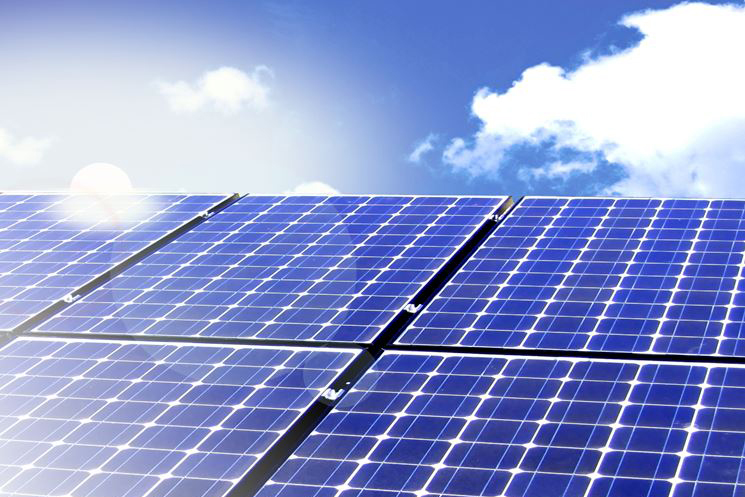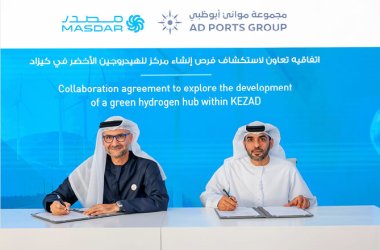Jinko Solar Holding has revealed that the world’s biggest photovoltaic solar plant, located in Abu Dhabi, is set to begin operations by April 2019.

The 1.2-gigawatt project is “well on track and on schedule,” Mothana Qteishat, Jinko Solar’s managing director for project development in the Middle East and North Africa, said at the Routes to China Summit organised by Bloomberg LP and sponsored by HSBC Holdings Plc. The project is being developed by Jinko Solar and Japan’s Marubeni with each company holding a 20 per cent share, he said.
Government-owned Abu Dhabi Water and Electricity Authority received a then record-low bid of 2.42 cents a kilowatt-hour for power from the planned facility. Prices for solar projects in the Middle East have set successive records with first Dubai and then Abu Dhabi coming in with all-time low power pricing.
“What we have done will attract other Chinese investors” to the region, Qteishat said in an interview. There is room for solar power prices to fall even more, he said.
Saudi Arabia has received the world’s cheapest offer for supply of solar power. Electricite de France SA and Abu Dhabi’s Masdar made a joint bid to provide electricity for as little as 1.79 cents a kilowatt hour, the Saudi energy ministry said in October.
A combination of improving and less costly technology, free land earmarked for the plants, connections to national power grids and favourable financing have helped cut the costs.
Nations are investing in solar and wind energy to cut down on pollution from fossil fuels and to take advantage of reduced costs. In the Middle East, there is the added incentive to produce more alternative energy for domestic use and export more crude oil. Saudi Arabia plans to develop 30 solar and wind projects over the next 10 years as part of a $50 billion (Dh183.65 billion) program to boost power generation.





